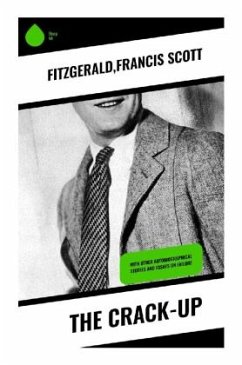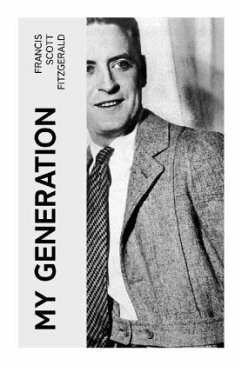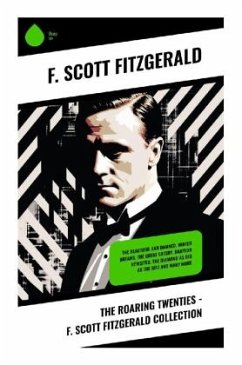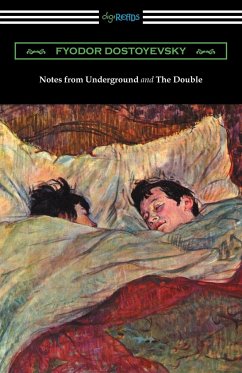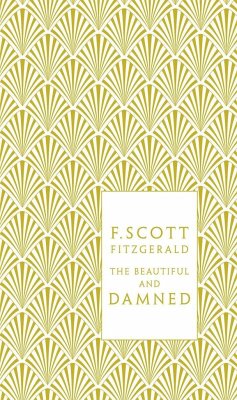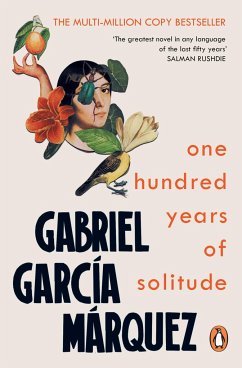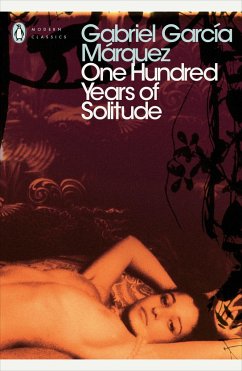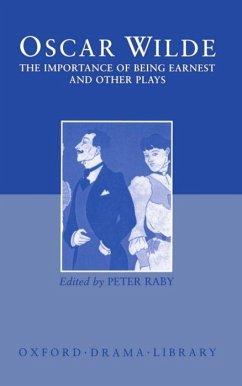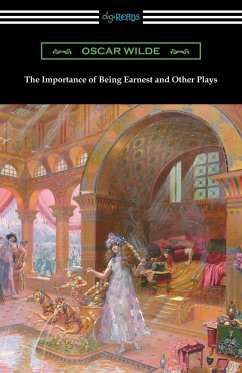
The Common Reader
Versandkostenfrei!
Versandfertig in 6-10 Tagen
15,90 €
inkl. MwSt.

PAYBACK Punkte
0 °P sammeln!
In "The Common Reader," Virginia Woolf presents a collection of essays that articulate her profound reflections on literature and the act of reading. With her characteristic stream-of-consciousness style, Woolf delves into the relationship between a reader and a text, exploring the nuances of literary appreciation while advocating for a more personal understanding of literary works. The essays cover a range of topics, from the works of notable authors such as William Wordsworth and Jane Austen to an examination of the process and pleasure of reading itself, situating her discourse within the e...
In "The Common Reader," Virginia Woolf presents a collection of essays that articulate her profound reflections on literature and the act of reading. With her characteristic stream-of-consciousness style, Woolf delves into the relationship between a reader and a text, exploring the nuances of literary appreciation while advocating for a more personal understanding of literary works. The essays cover a range of topics, from the works of notable authors such as William Wordsworth and Jane Austen to an examination of the process and pleasure of reading itself, situating her discourse within the early 20th-century literary modernism that sought to redefine traditional approaches to literature. Virginia Woolf, a central figure in the modernist literary movement, was deeply influenced by the sociocultural changes of her time, particularly regarding gender and class. As a member of the Bloomsbury Group, she was at the forefront of intellectual thought and experimentation. Her own experiences as a woman in a patriarchal society shaped her views on literature, and "The Common Reader" reflects her belief that reading should empower individuals to engage critically with texts, rather than merely endorse established norms. For readers and literary enthusiasts alike, "The Common Reader" is an essential exploration that celebrates the transformative power of literature while inviting a reevaluation of the ways we engage with books. Woolf's insightful observations encourage readers to foster a deeper connection with texts and embrace the joys of reading in an ever-evolving literary landscape.



